Steam Distillation
Industry Applications
Sandalwood essential oil, derived from the heartwood of the sandalwood tree, offers a rich, woody aroma renowned for its calming properties and skincare benefits, making it a staple in aromatherapy and personal care routines.
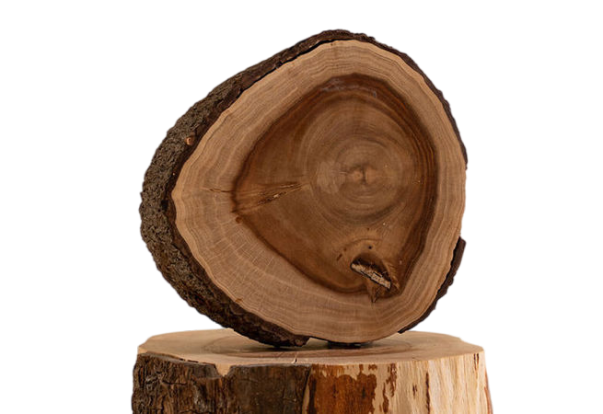
Sandalwood essential oil is prized in perfumery for its rich, warm, and woody aroma. It serves as a base note in many perfumes and colognes, adding depth and longevity to fragrance compositions.
In pharmaceuticals, sandalwood essential oil is utilized for its anti-inflammatory and antimicrobial properties. It may be included in topical formulations to soothe skin irritations and promote wound healing.
Sandalwood essential oil is commonly found in skincare products such as moisturizers, serums, and facial oils. It helps hydrate and nourish the skin while imparting a luxurious aroma.
In aromatherapy, sandalwood essential oil is used to promote relaxation, reduce stress, and enhance mental clarity. Its grounding and calming properties make it a popular choice for meditation and spiritual practices.
Industry Applications
Cypriol, also known as Nagarmotha essential oil, is distilled from the roots of the Cyperus scariosus plant, offering a warm, earthy fragrance prized in perfumery and aromatherapy for its grounding and soothing effects, as well as its potential therapeutic benefits for the skin and mind.
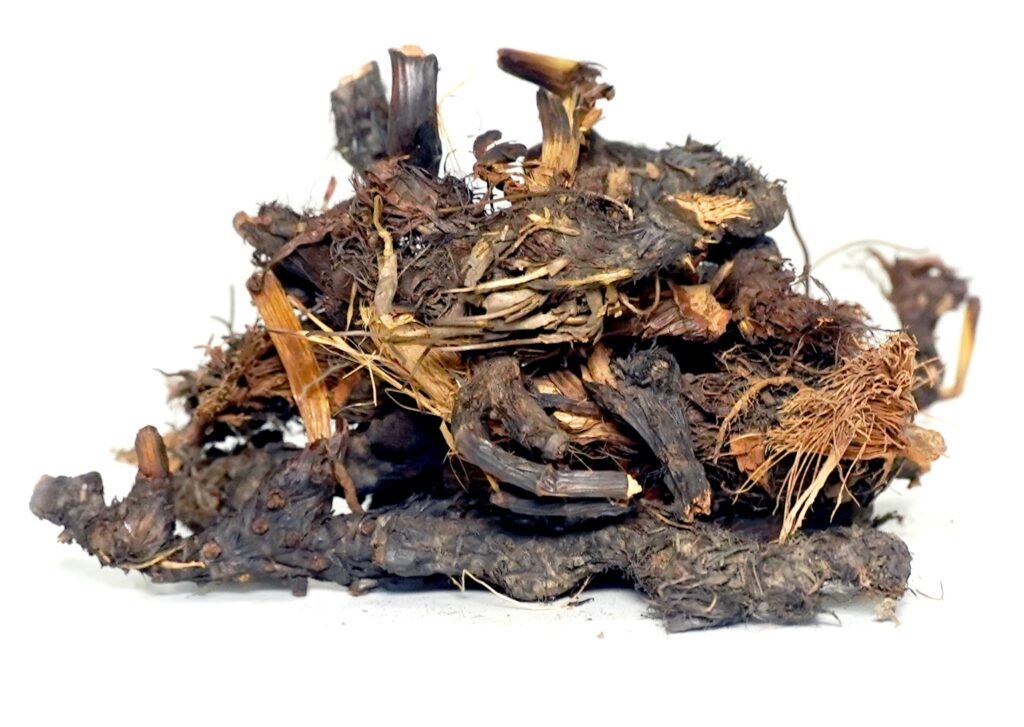
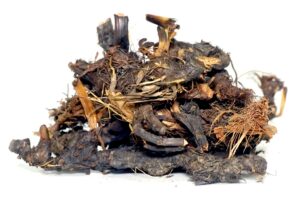
Cypriol essential oil adds a unique earthy and smoky note to perfumes, making it a valuable ingredient in oriental and woody fragrance compositions.
Due to its anti-inflammatory and analgesic properties, cypriol essential oil may be used in topical formulations to relieve muscle pain and inflammation.
Cypriol essential oil is sometimes incorporated into skincare products for its skin-soothing and balancing effects. It can help reduce the appearance of blemishes and promote a clear complexion.
In aromatherapy, cypriol essential oil is utilized to promote emotional stability, alleviate stress, and enhance feelings of inner strength and resilience.
Industry Applications
Lavender essential oil is known to be rich in medicinal properties like antimicrobial activity, anxiolytic, anti-inflammatory, antinociceptive, and antioxidant properties. Utilization of herbal products like lavender essential oils will benefit patients in many ways.
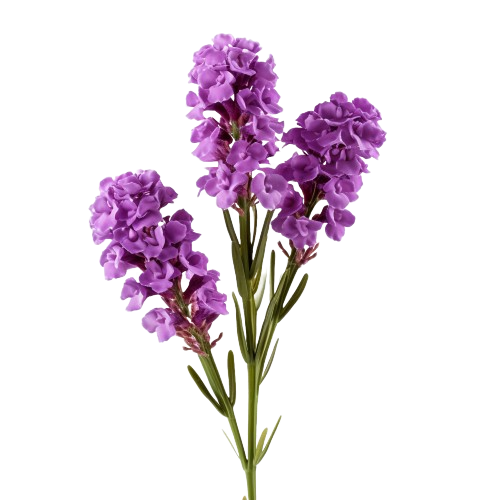
Lavender essential oil is a versatile ingredient in perfumery, valued for its fresh, floral, and herbaceous aroma. It adds a calming and balancing element to fragrance compositions.
Lavender essential oil is well-known for its soothing and healing properties. It may be used topically to relieve minor burns, insect bites, and skin irritations.
Lavender essential oil is commonly found in skincare products such as cleansers, toners, and creams. It helps soothe and hydrate the skin while promoting a clear and healthy complexion
Lavender essential oil is a popular choice in aromatherapy for its calming and relaxing effects. It helps reduce anxiety, improve sleep quality, and promote a sense of well-being.
Industry Applications
Eucalyptus essential oil, extracted from the leaves of the eucalyptus tree, is renowned for its refreshing, invigorating scent and its numerous therapeutic properties, including respiratory support, immune system enhancement, and mental clarity.
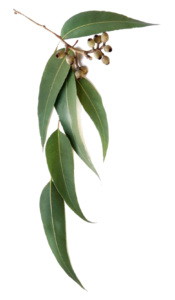
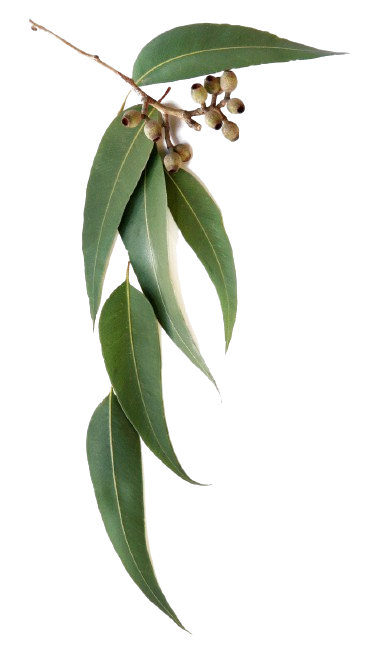
Eucalyptus essential oil is used sparingly in perfumery due to its strong, medicinal aroma. It adds a refreshing and invigorating note to fragrance compositions.
Eucalyptus essential oil is renowned for its respiratory benefits. It may be used in inhalation therapies or chest rubs to relieve congestion and promote clear breathing.
Eucalyptus essential oil is often included in skincare and haircare products for its purifying and clarifying properties. It can help cleanse the skin and scalp while refreshing the senses.
In aromatherapy, eucalyptus essential oil is used to invigorate the mind, boost mental clarity, and provide relief from fatigue and lethargy.
Industry Applications
Peppermint essential oil, derived from the peppermint plant’s leaves, offers a cool, minty aroma prized for its energizing and refreshing qualities. Renowned for its versatility, it’s often used to alleviate headaches, soothe digestive discomfort, and invigorate the senses, making it a popular choice in aromatherapy and natural health remedies.
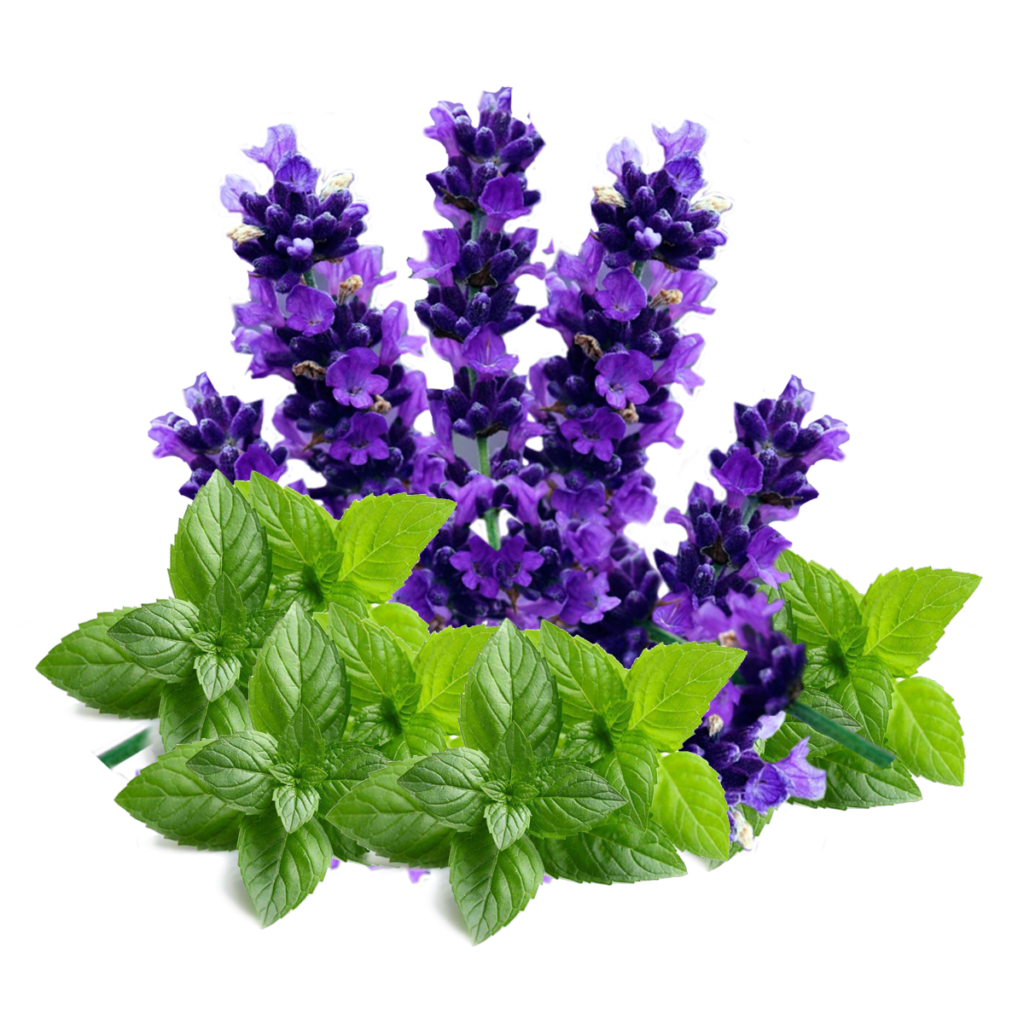
Peppermint essential oil is occasionally used in perfumery for its fresh, minty aroma. It adds a cool and uplifting note to fragrance compositions.
Peppermint essential oil is valued for its analgesic and antispasmodic properties. It may be used topically to relieve headaches, muscle pain, and digestive discomfort.
Peppermint essential oil is commonly found in skincare and haircare products for its cooling and refreshing effects. It can help soothe irritated skin and scalp while imparting a invigorating sensation.
In aromatherapy, peppermint essential oil is used to enhance mental focus, increase alertness, and alleviate symptoms of stress and tension.
Industry Applications
Rose essential oil, extracted from the petals of the rose flower, is celebrated for its exquisite floral fragrance and numerous therapeutic benefits. Renowned for its ability to promote emotional well-being, enhance skin health, and evoke feelings of love and harmony, it’s a cherished ingredient in perfumery, skincare, and aromatherapy.

Rose essential oil is highly prized in perfumery for its exquisite floral aroma. It adds a luxurious and romantic note to fragrance compositions, often serving as the heart or top note.
Rose essential oil is renowned for its skin-nourishing and regenerative properties. It may be used in skincare formulations to hydrate, soothe, and rejuvenate the skin.
Rose essential oil is commonly found in high-end skincare products such as serums, facial oils, and creams. It helps maintain skin moisture, promotes skin elasticity, and reduces the appearance of fine lines and wrinkles.
In aromatherapy, rose essential oil is cherished for its emotionally uplifting and harmonizing effects. It helps reduce feelings of anxiety, depression, and stress while promoting a sense of inner peace and well-being.
Industry Applications
Vetiver essential oil, derived from the roots of the vetiver grass, boasts a deep, earthy aroma prized for its grounding and calming properties. Revered for its ability to promote relaxation, reduce stress, and enhance focus, it’s a popular choice in aromatherapy and personal care products, offering a sense of balance and tranquility.
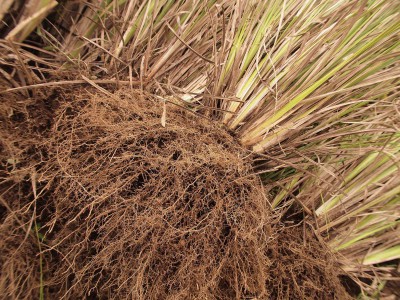
Vetiver essential oil is a valuable ingredient in perfumery for its deep, earthy, and smoky aroma. It adds a rich and grounding note to fragrance compositions, often serving as a base or fixative.
Vetiver essential oil is recognized for its calming and sedative properties. It may be used in aromatherapy or massage blends to alleviate anxiety, promote relaxation, and improve sleep quality.
Vetiver essential oil is occasionally included in skincare products for its skin-regenerating and toning effects. It can help balance oil production, minimize pores, and promote a clear and radiant complexion.
In aromatherapy, vetiver essential oil is prized for its grounding and centering effects. It helps calm the mind, reduce feelings of overwhelm, and enhance focus and concentration.
Industry Applications
Lemongrass essential oil, distilled from the leaves of the lemongrass plant, emits a fresh, citrusy aroma known for its uplifting and invigorating qualities. Renowned for its antibacterial and antifungal properties, it’s often used to purify the air, promote relaxation, and support overall well-being, making it a versatile addition to aromatherapy and natural cleaning solutions.
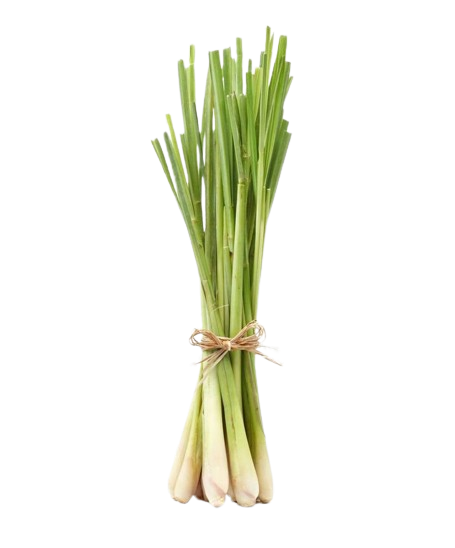
Lemongrass essential oil is sometimes used in perfumery for its fresh, citrusy aroma. It adds a bright and uplifting note to fragrance compositions, imparting a sense of energy and vitality.
Lemongrass essential oil is valued for its antimicrobial and anti-inflammatory properties. It may be used in topical formulations to treat minor skin infections, reduce inflammation, and soothe muscle pain.
Lemongrass essential oil is commonly found in skincare and haircare products for its astringent and clarifying effects. It helps balance oily skin, reduce acne, and promote scalp health.
In aromatherapy, lemongrass essential oil is used to invigorate the senses, uplift mood, and increase mental clarity. It helps alleviate feelings of fatigue, lethargy, and mental fog.
Industry Applications
Citronella essential oil, extracted from the leaves and stems of the citronella grass, emits a fresh, lemony aroma prized for its insect-repelling properties. Renowned for its ability to deter mosquitoes and other pests, it’s often used in outdoor candles, sprays, and lotions. Additionally, it’s valued for its antifungal and antibacterial properties, making it a versatile addition to natural cleaning and skincare products.

Citronella essential oil is occasionally used in perfumery for its fresh, citrusy aroma. It adds a light and uplifting note to fragrance compositions, reminiscent of lemon and grass.
Citronella essential oil is known for its insect-repellent properties. It may be used in topical formulations or natural insect repellents to deter mosquitoes, ticks, and other pests.
Citronella essential oil is sometimes included in skincare products for its astringent and purifying effects. It can help balance oily skin, minimize pores, and reduce acne breakouts.
In aromatherapy, citronella essential oil is used to refresh the mind, uplift mood, and create an energizing atmosphere. It helps ward off feelings of sluggishness and mental fatigue.
These essential oils offer a wide range of benefits and applications across various industries, from perfumery and pharmaceuticals to cosmetics and aromatherapy. Whether you’re creating luxurious fragrances, effective skincare formulations, or therapeutic blends, these aromatic treasures provide endless possibilities for enhancing products and promoting well-being.
“Welcome to HRA Essential Oil Factory, where expertise meets excellence in every drop.”
Designed By Graphic Growth Media
Copyright © 2024. All rights reserved.